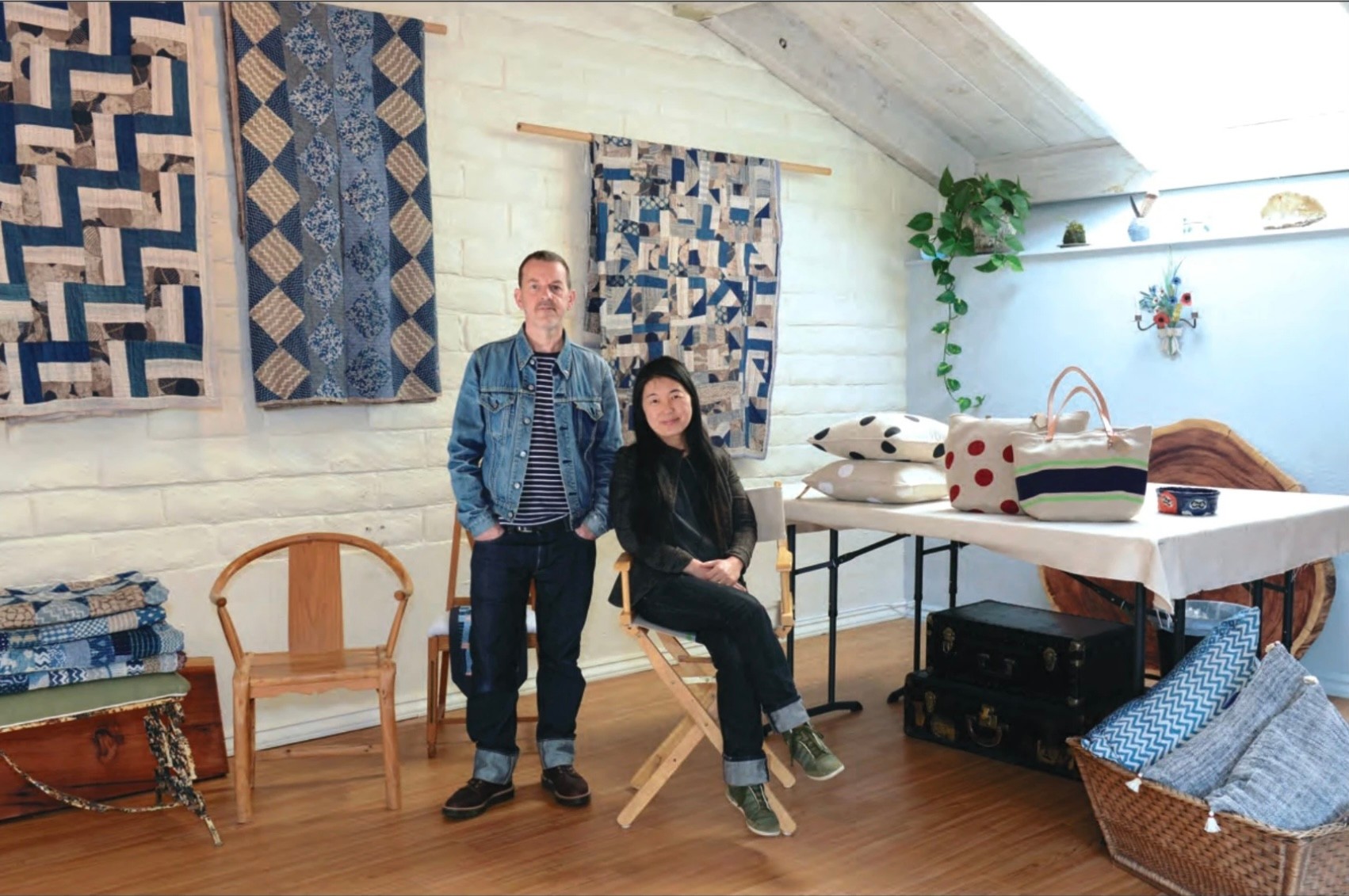We recently connected with Philip Rodrigue and have shared our conversation below.
Hi Philip, thanks for joining us today. What do you think Corporate America gets wrong in your industry? Any stories or anecdotes that illustrate why this matters?
The dominance of large scale corporations consistently act in opposition to a healthy economic environment that should support and leave operating space for small and mid-size businesses. The wholesale destruction of Mom & Pop businesses across this country is evident to all. In addition, the lack of security of tenure offered by commercial landlords also acts to undermine the viability of brick and mortar businesses. We have just recently been evicted from our original space after an eight year tenancy without so much as an hello or goodbye from our landlord.
Though we still retain another operating space, the situation reinforces our need to further develop our online presence and adjust our marketing strategy accordingly.
However, we continue to believe that there is no better connection made with our customer base than through personal interaction. Our ability to sell our rare provenance selection of design items online relies upon people having visited our store at least once.
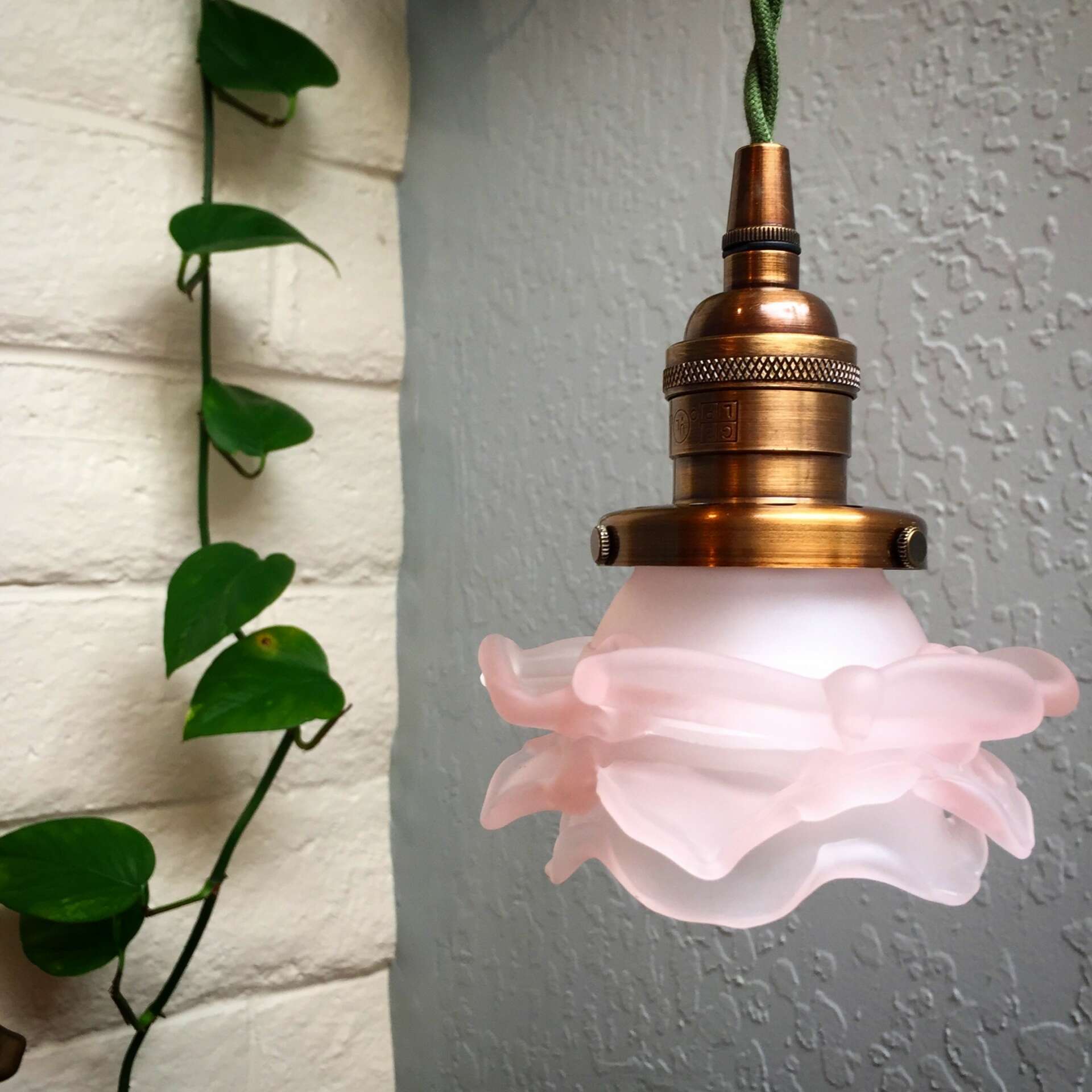
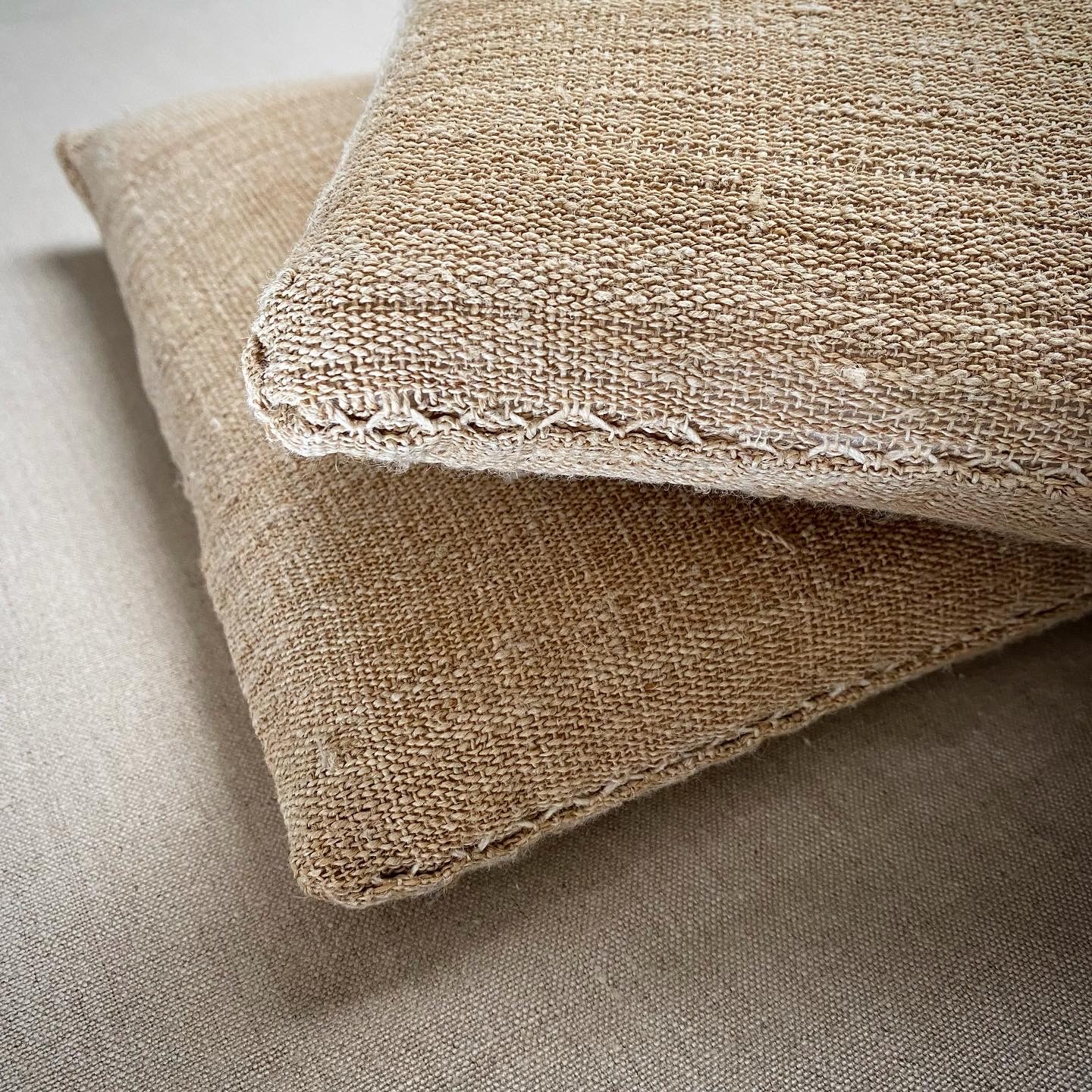
Philip, love having you share your insights with us. Before we ask you more questions, maybe you can take a moment to introduce yourself to our readers who might have missed our earlier conversations?
We are a husband and wife team that moved with our family from NYC to Carmel CA following the financial collapse of 2008. Minori is a Parsons alumni and worked for Yohji Yamamoto for nearly 25 years, running the operation and managing their only US store for much of that time.
My background is in interior design, having specialized in decorative paint techniques, furniture design, upholstery and fabrication.
When we launched Bee, Bark & Moss in 2012, upon our arrival in Carmel we started out by designing a range of stencil painted hemp market bags in response to the mandate against the use of disposable bags.
We originally promoted and sold them in various farmers’ markets in the central Californian coastal area. The idea was to introduce ourselves simply with a single product line that served a direct benefit and need whilst also gesturing towards the increasing necessity that designers of all sorts address the issue of the provenance of the materials that they use.
Our instantly recognizable bags fast became the signature product which combined with our slightly quirky name gave us a recognizable face.
Since going brick & mortar in 2015 we began to expand our range of products on offer, working with other designers working in a similar vein. We also began to focus on rare provenance textiles, both hand loomed and vintage.
Much of our work now is commissioned and requires us to work directly with the client or decorator. The in-house fabrication of soft furnishings and cushions of all varieties have now become a main stay of our work.
We now carry a range of Khadi fabrics, specialty hand spun, hand loomed cottons, employing block printed and mud resist natural dye techniques, produced by an old friend who has spent many years working with weaver collectives around the world, primarily in India.
Our primary focus now is to offer a range of design products all of which have a singular provenance and back story, whilst also attempting to educate people and provide design consultation and fabrication services.
Through Minori’s background we have also managed to establish a direct connection to the artisan community of Kyoto and stock a range of design products that derive from there.
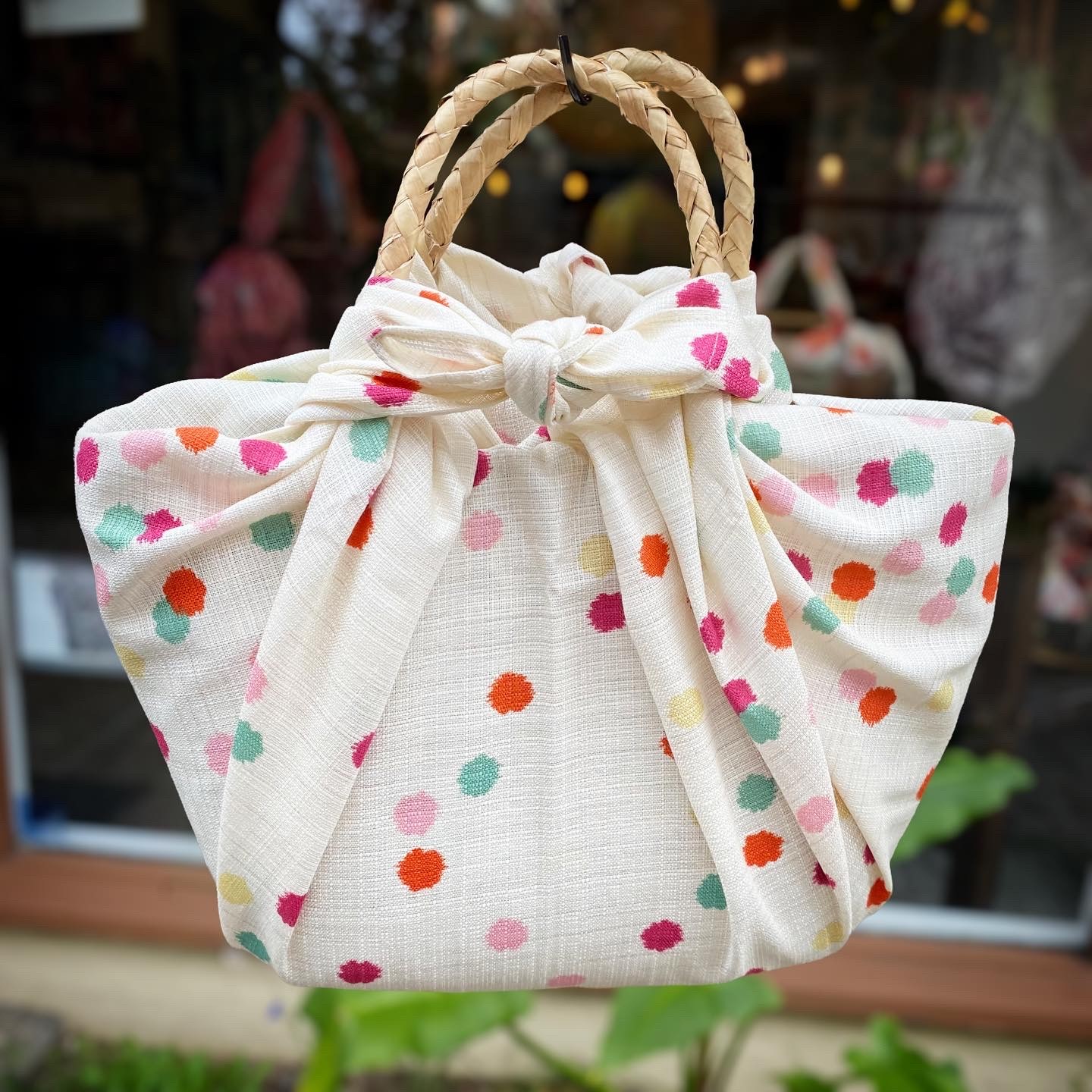
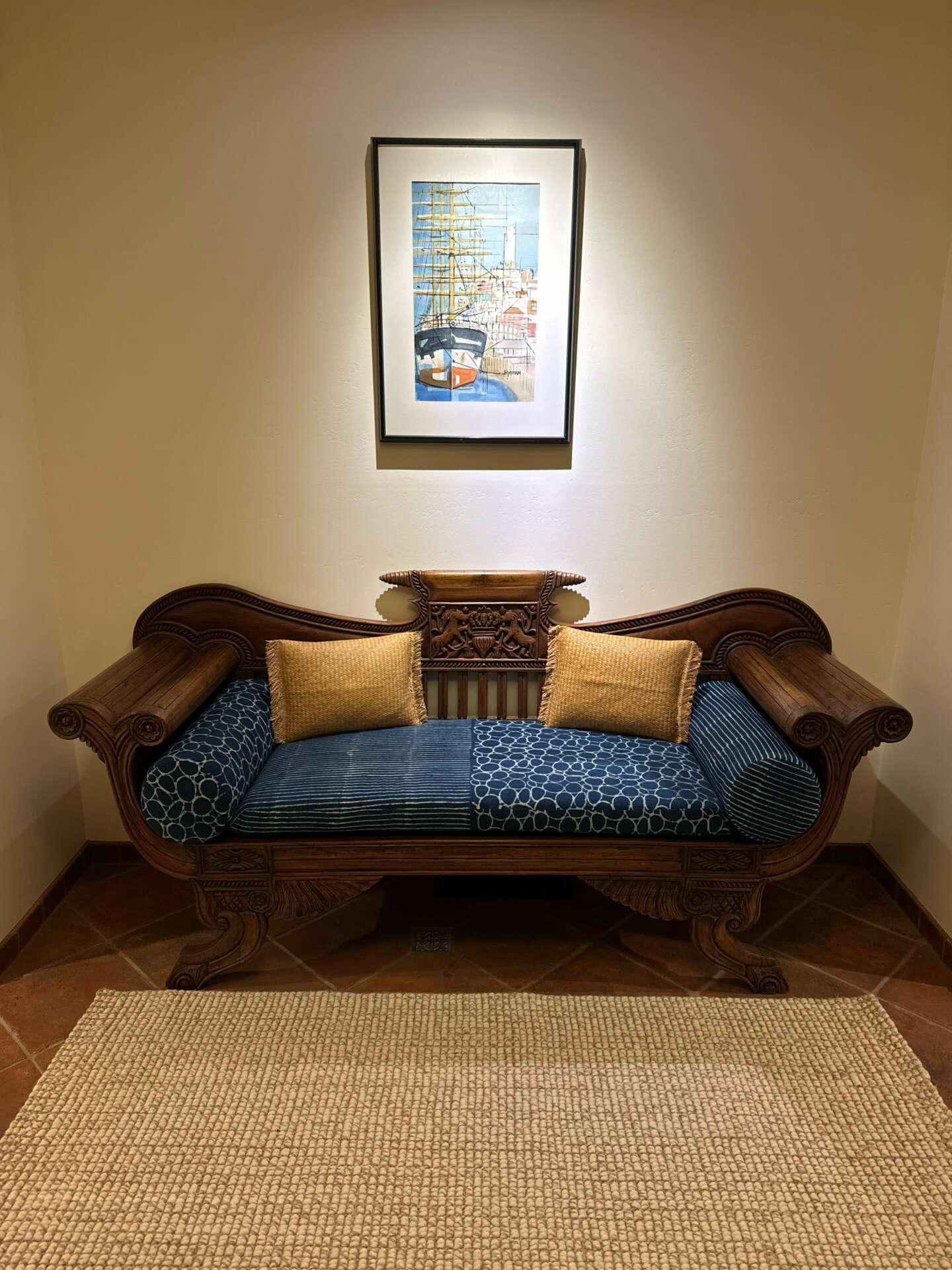
How did you put together the initial capital you needed to start your business?
We sought out and received micro loans of equal proportion from five different friends, repaid over a two year period.
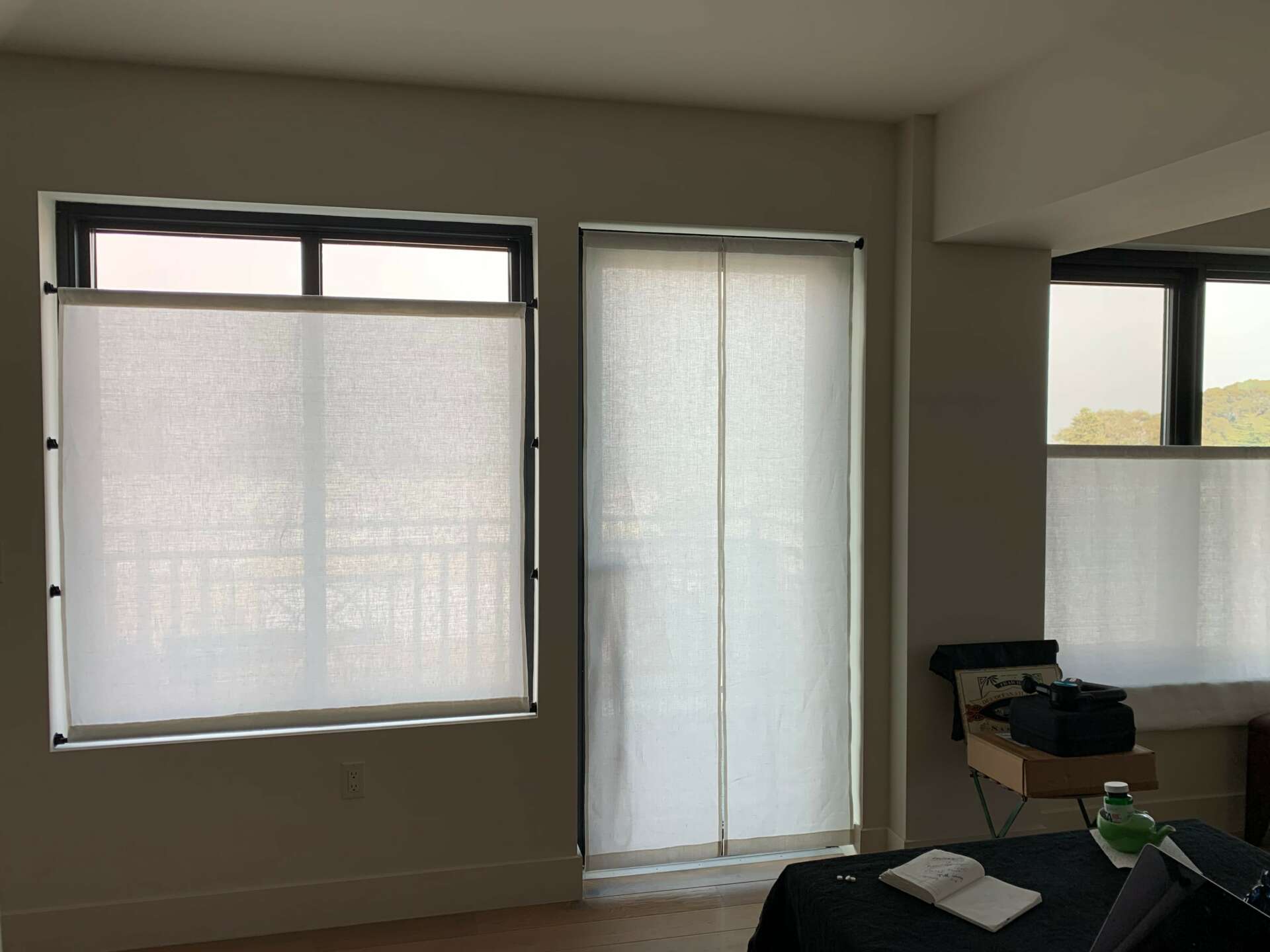
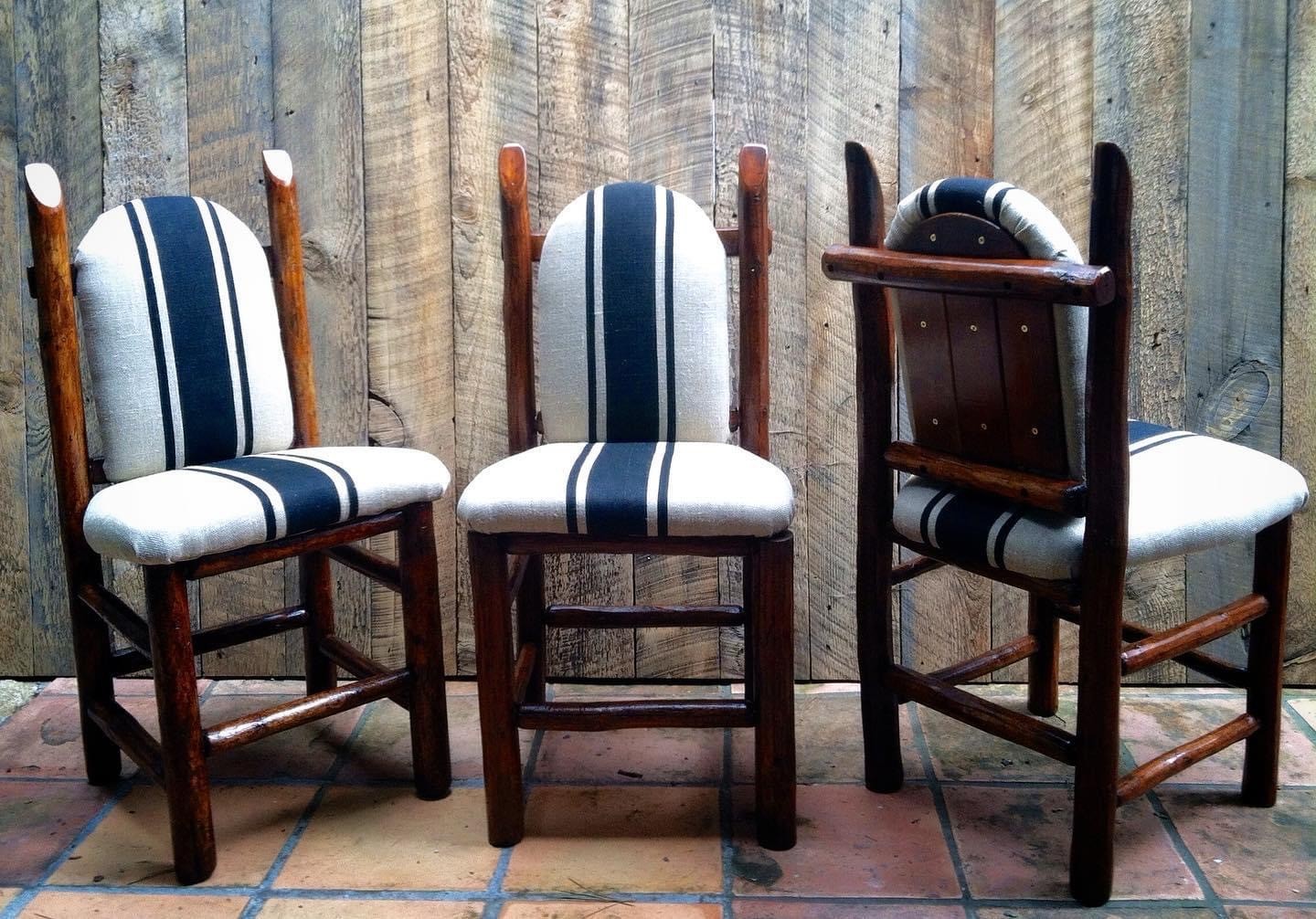
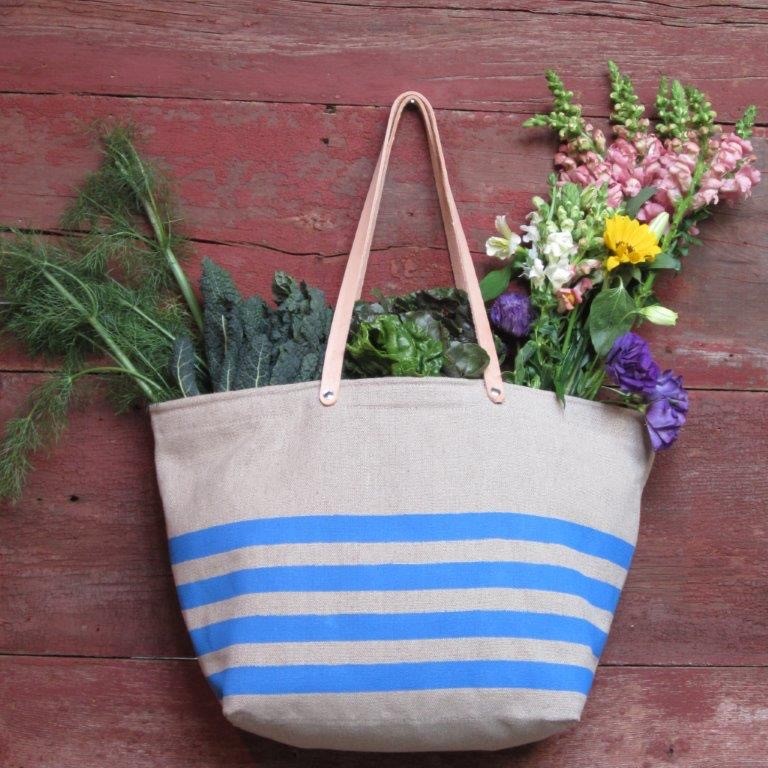
We’d love to hear a story of resilience from your journey.
During our time running our own and other’s businesses, and starting in NYC, Minori and I have weathered our way through 9/11, the 2008 financial collapse and the Covid pandemic. Tenacity, in addition to vision, is one of, if not the most essential attribute that is required to maintain a business. The capacity to analyze and recalibrate when and where necessary is also critical to survival in an ever changing business environment.

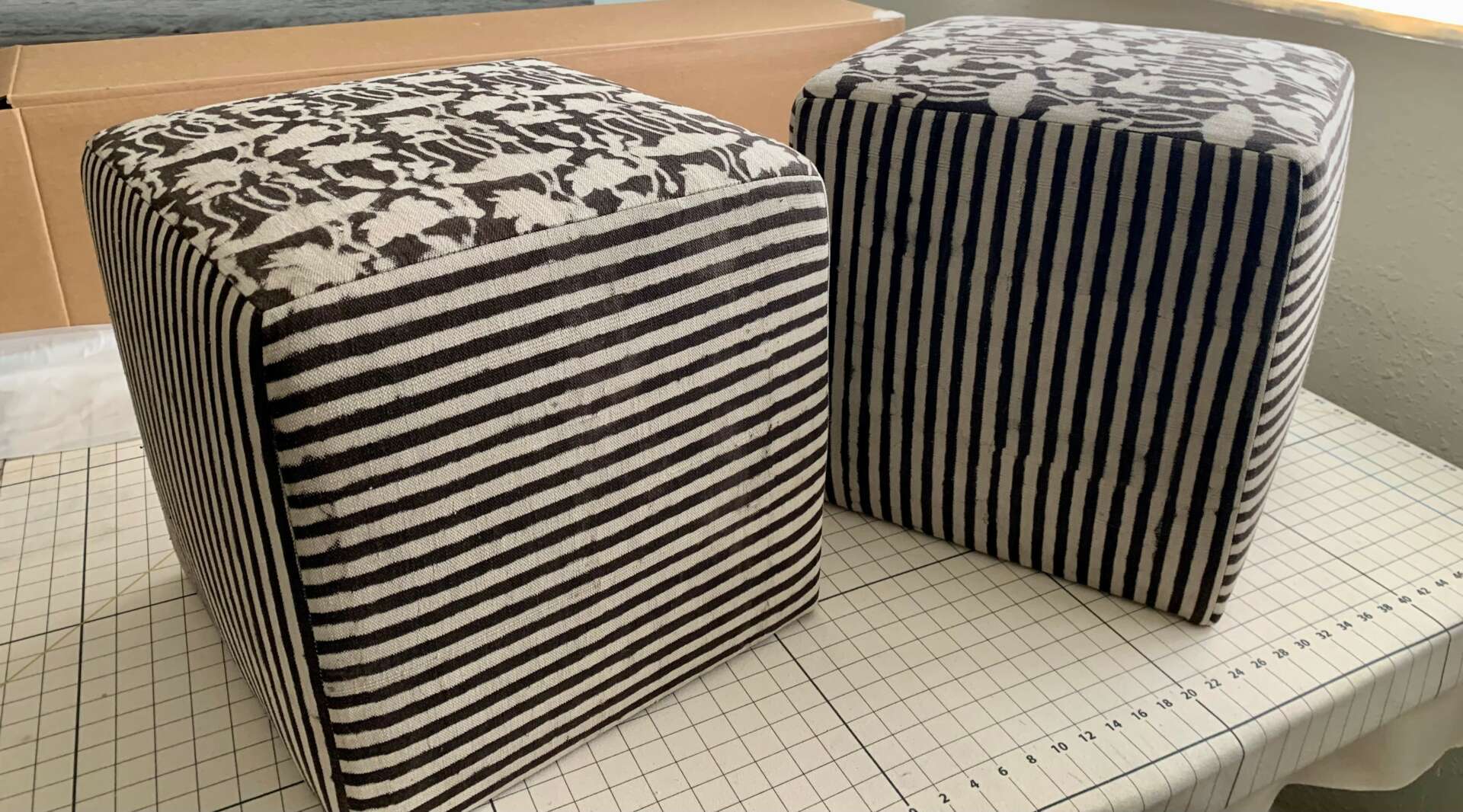
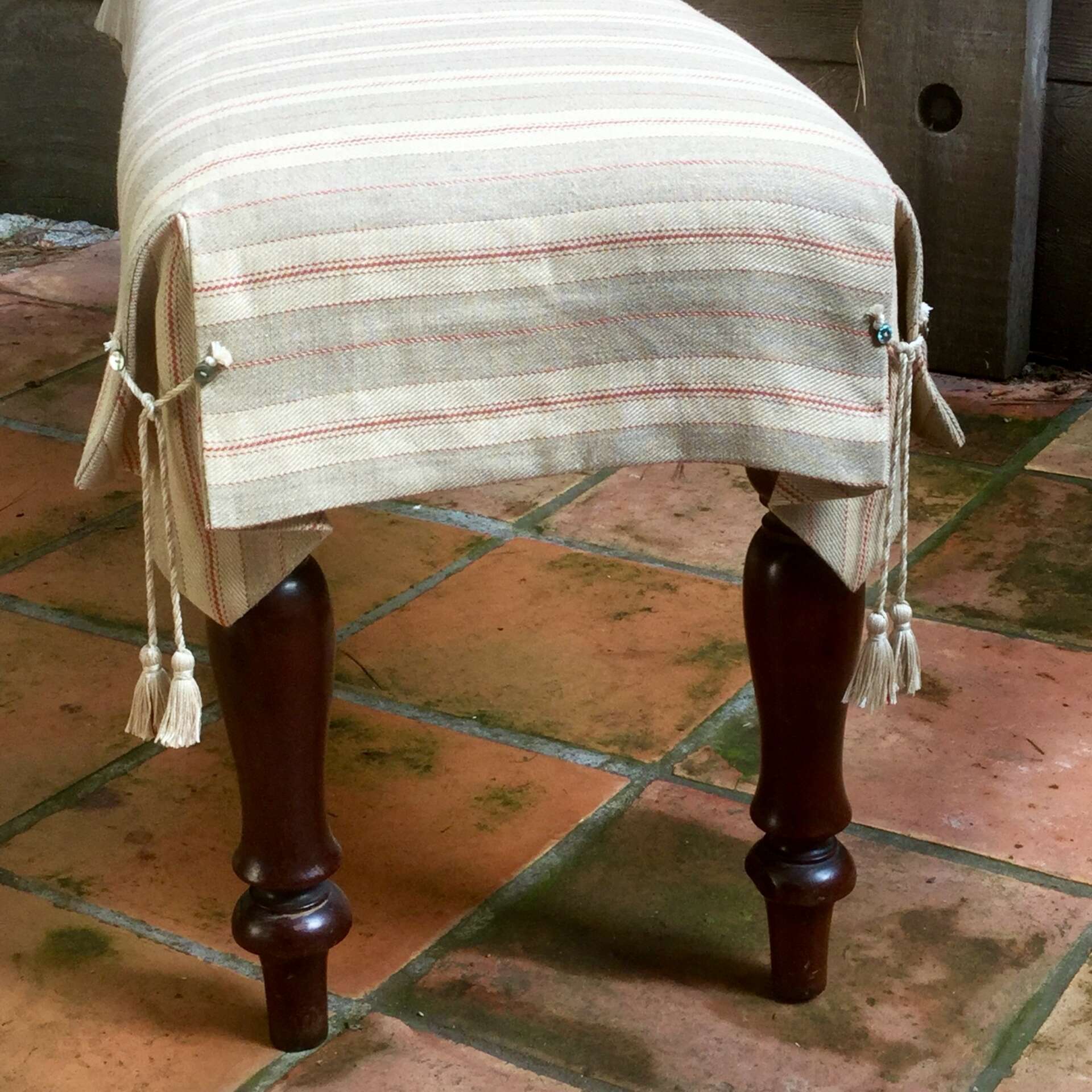
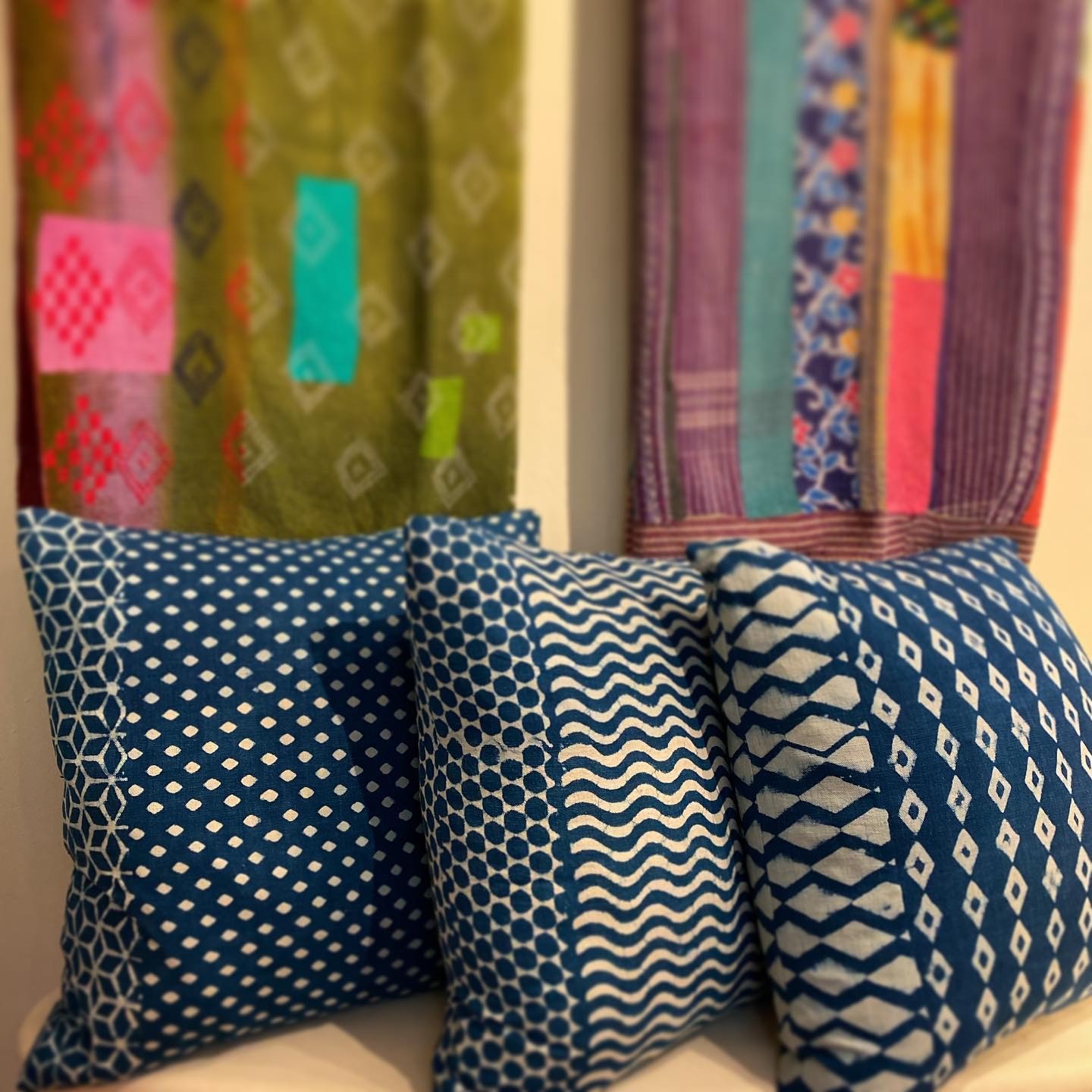
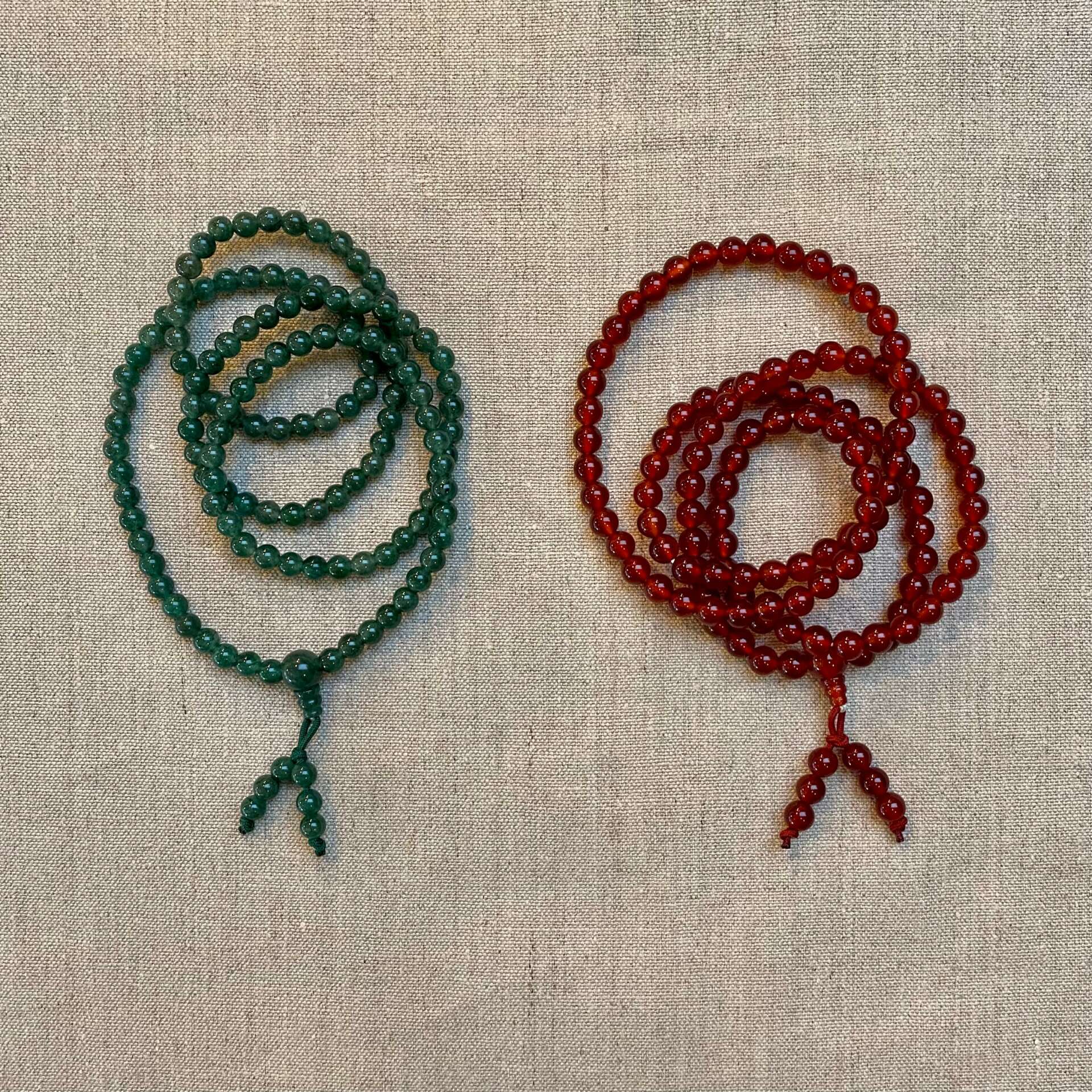
Contact Info:
- Website: beebarkandmoss.com
- Instagram: bee_barkandmoss
- Facebook: Bee, Bark & Moss


